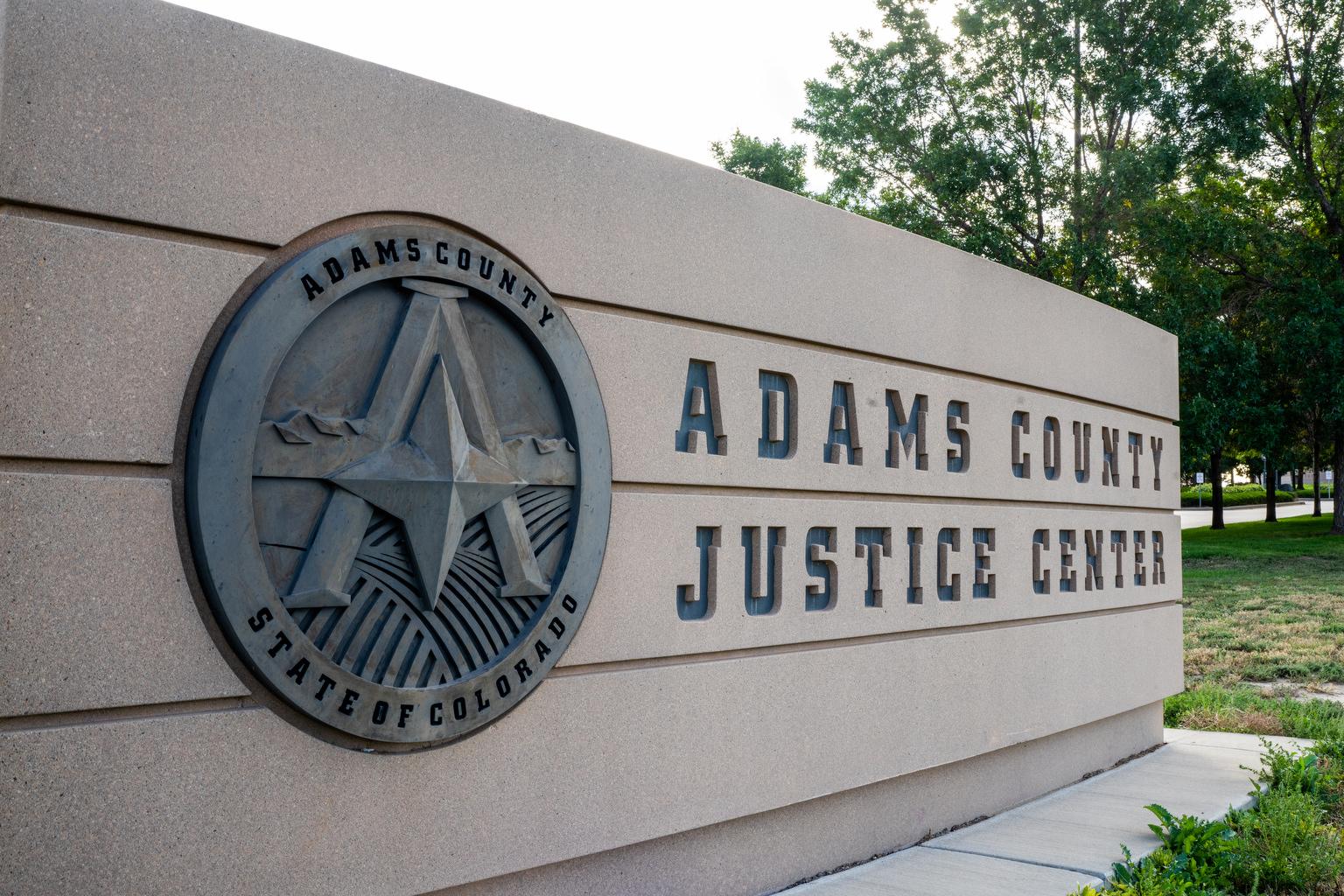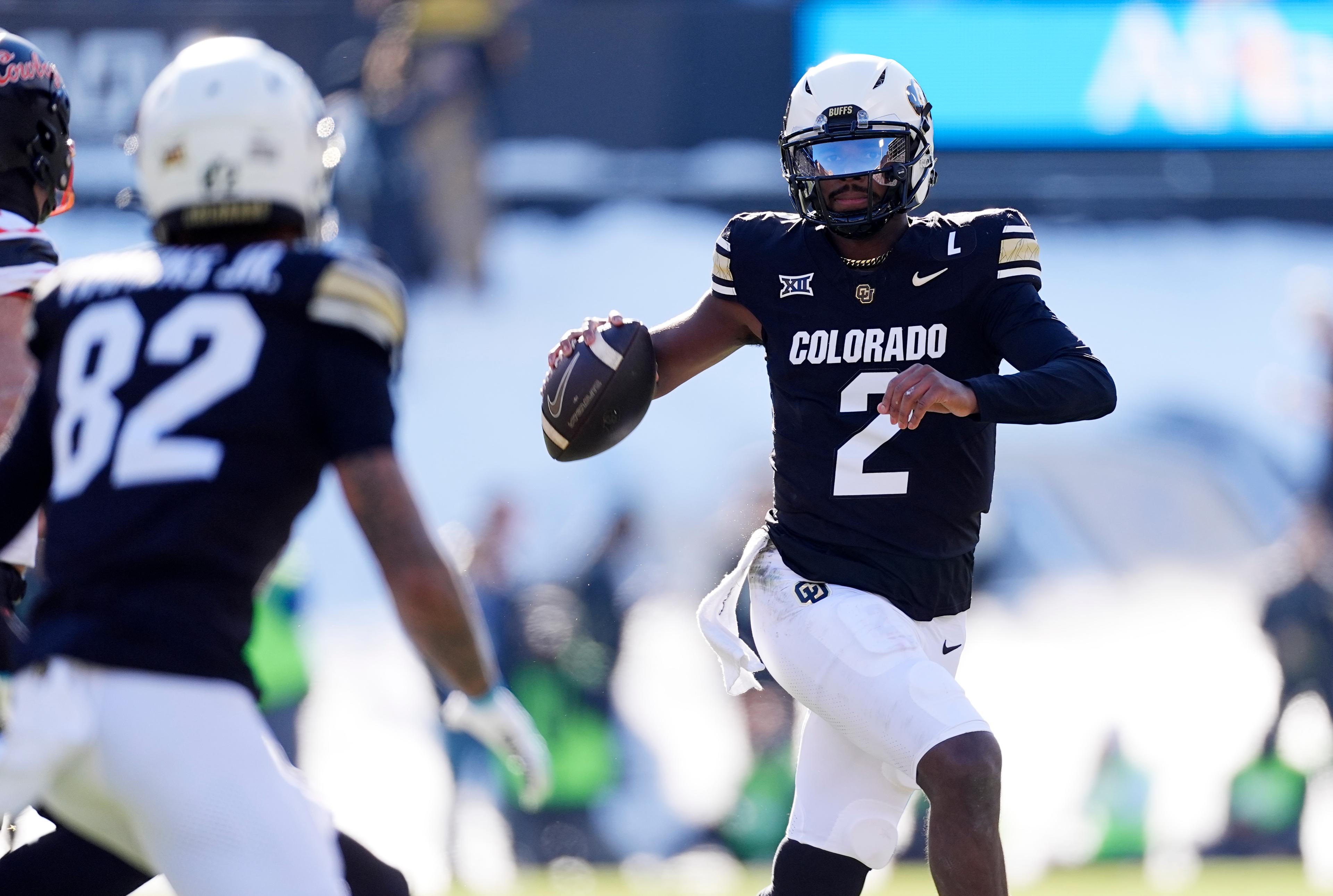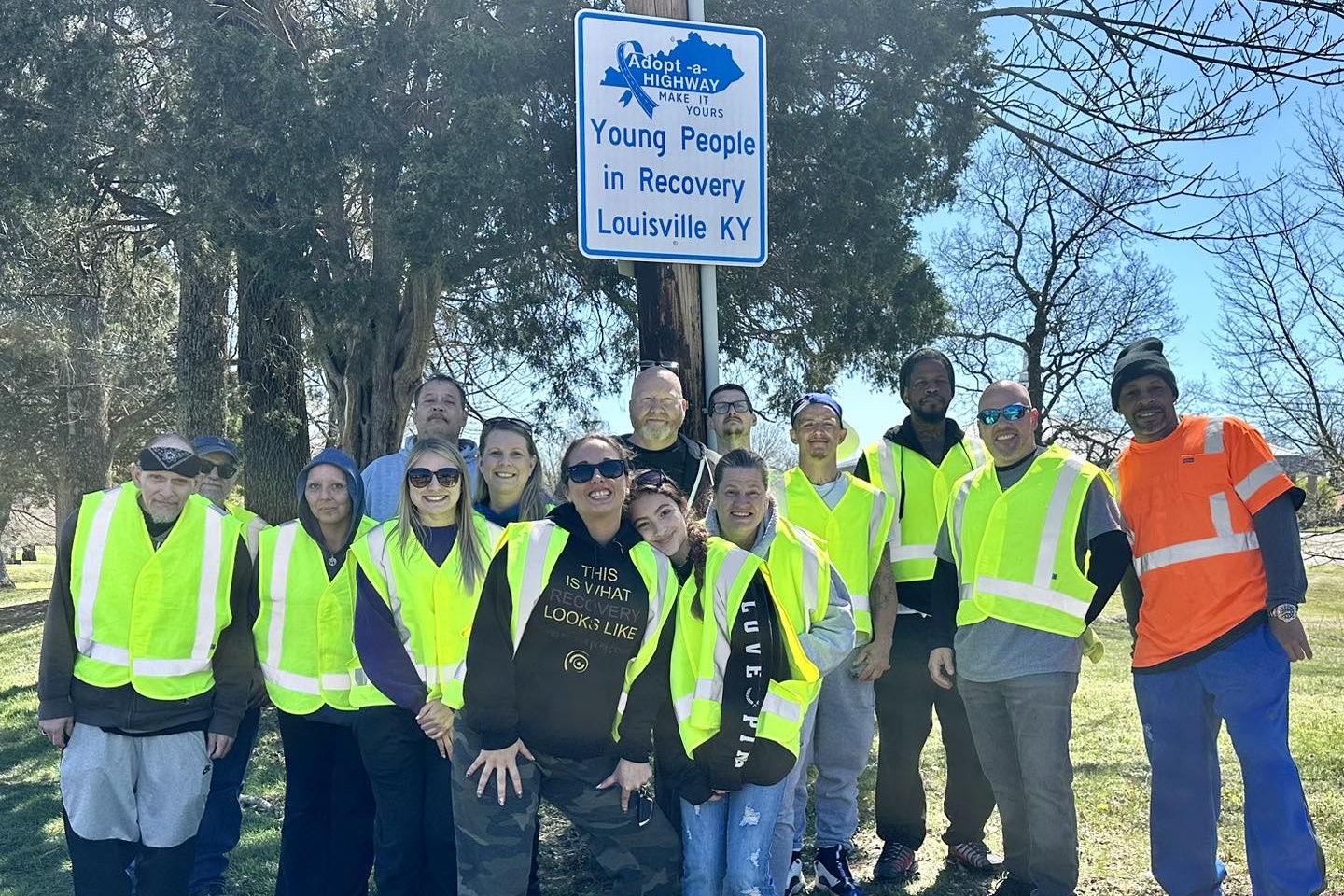
The first Aurora officer on the scene where 23-year-old Elijah McClain was forcibly arrested — even though he had committed no crime — in August 2019 is the third officer to go to trial on charges of manslaughter and criminally negligent homicide.
The trial for Nathan Woodyard will get underway this week, just days after his colleague Randy Roedema was convicted of the lesser charges of criminally negligent homicide and third-degree assault. Jason Rosenblatt was found not guilty on all charges.
Jury selection in the trial for Woodyard started Friday.
The prosecution is expected to revisit much of the evidence that was presented in the trial for Roedema and Rosenblatt: medical records, McClain’s medical condition while being restrained, police protocols and procedures, the injection of a powerful sedative by paramedics, autopsy reports and hours of body-worn camera footage.
As it was in the previous trial, the burden will be on state prosecutors to prove beyond a reasonable doubt that officers confronted a healthy, innocent man, and, in forcibly arresting him, were among those responsible for his death.
But one difference in this trial will likely be a focus on the carotid hold, also known as the sleeper hold. In Roedema and Rosenblatt’s trial, testimony included how Aurora police are trained on that hold, which restricts blood flow to the brain causing temporary unconsciousness and can cause a person to vomit.
Rosenblatt attempted the maneuver, and Woodyard properly applied the hold on McClain, causing McClain to pass out and vomit into the ski mask he was still wearing. It led to McClain aspirating — inhaling vomit into his lungs.
That hold is now prohibited across Colorado after the state legislature passed a police reform bill in the wake of the racial justice and police brutality protests in the summer of 2020.
And it was during those protests that Colorado’s Democratic Gov. Jared Polis also took interest in McClain’s story and appointed a special prosecutor, state Attorney General Phil Weiser, to take another look at the case after a local district attorney declined to press charges on the officers months after McClain’s death.
Weiser convened a statewide grand jury and a year later announced indictments for the three officers and two paramedics who were involved in the arrest.
Woodyard is the last officer to face charges. A trial for two paramedics, Jeremy Cooper and Peter Cichuniec, is expected next month. They all pleaded not guilty to the charges earlier this year.
Training on the carotid
According to testimony from the previous trial, police cadets used to spend about six hours of dedicated training on use of the carotid hold before it was banned. That’s according to the sergeant in charge of the training academy at the Aurora Police Department.
Sgt. Kevin Smyth was called to the stand during the last trial to talk about what Aurora officers are required to know and do, especially in dealing with restraining or subduing suspects. He said that the arrest control program requires between 130 and 150 hours of training, but the carotid hold is a particular focus.
“It would be fair to say that we spend more time on that one technique than any other single technique in the rest control program,” Smyth testified on Sept. 28.
He explained how the carotid works and what the police protocol is for applying it and what you do after a person loses and regains consciousness.
“Once the technique is applied in the general population and there are a lot of variations, generally it takes about five to 15 seconds for the average person to go unconscious. Once they go unconscious, it would take 20 to 30 seconds for them to regain consciousness,” Smyth said. “So once they come back to consciousness, we want to kind of start a little timer and say, ‘Hey, if they're not coherent, if they're not answering questions, if they're not appearing normal in that 30 seconds, then it's a medical emergency.”
McClain was not given medical attention by the officers that night. He died at the hospital several days after his encounter with Aurora police.
What happened
On August 24, 2019, McClain was walking back home after going to a Shell gas station for iced tea. Body-worn camera footage shows him slinging a white plastic bag with his drinks inside and listening to headphones and walking down the street. He wore a brown jacket and a face mask, which his family said was usual because he was often cold. Someone identified only as “Juan” called 911 and reported a “sketchy” looking person, and officers stopped him.
Woodyard approached first and ordered McClain to stop. Moments later Roedema and Rosenblatt arrived and the stop quickly turned physical, according to the indictment. McClain said he was an introvert and asked the cops to respect his personal space.
The officers grabbed McClain’s arms and forced him against an exterior wall of a nearby apartment building. Rosenblatt said he attempted to place McClain into a carotid hold, but it didn’t cause McClain to lose consciousness. Woodyard then applied the hold that resulted in McClain fainting. Roedema also placed McClain in a bar hammerlock, which is a crank on a shoulder that is an arrest control tactic. He told investigators he “cranked pretty hard” and heard McClain’s shoulder pop three times.
When McClain gained consciousness after the carotid hold, the struggle continued with the officers. All three of them were on top of McClain despite his pleas that he couldn’t breathe.
The three officers had him on the ground and discussed the need for McClain to get ketamine — even before the paramedics arrived.
Paramedics didn’t talk to McClain or ask him his weight. They estimated him to be about 200 pounds and gave him 500 mgs of ketamine accordingly — McClain weighed 60 pounds less than that.
McClain was placed on a gurney and into an ambulance. He lost his pulse in the ambulance on the scene. They revived him briefly, but he went into a coma at the hospital and was declared brain-dead a few days later. His family took him off life support and McClain died Aug. 30, 2019.
CPR reporter Allison Sherry contributed to this report.









